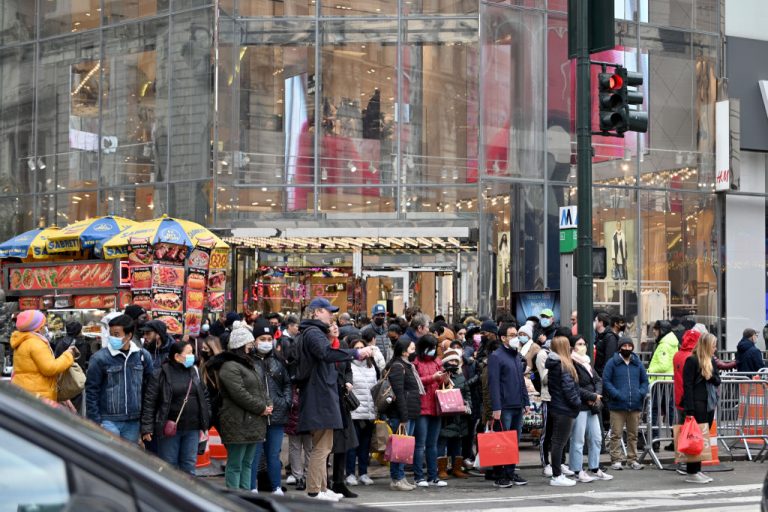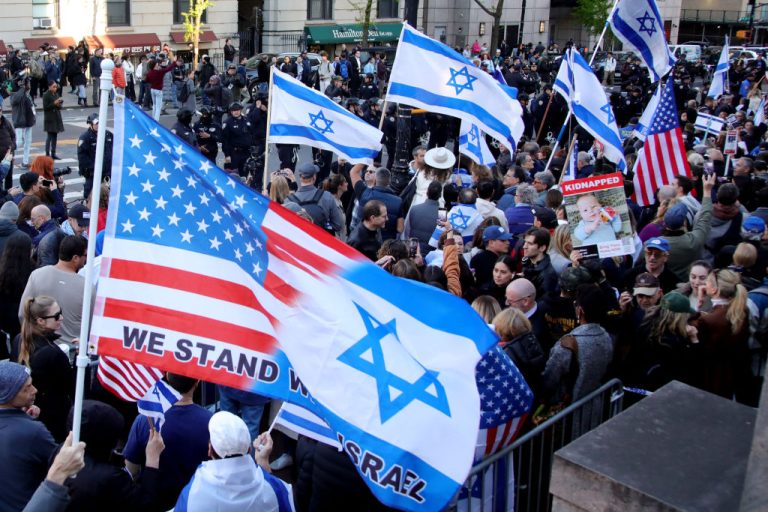Black Friday marks the beginning of the Christmas shopping season in America. Traditionally, retailers give massive discounts to prospective buyers on the day. Since 2005, Black Friday has been the busiest shopping day of the year in the United States. However, this year’s Black Friday, which falls on Nov. 26, was a more expensive affair.
Consumer prices on durable goods have risen by 13.2 percent compared to 12 months ago. Jewelry is up 7.4 percent, and clothing is up by 4.3 percent. According to the Labor Department, televisions are now 10.4 percent more expensive. Retailers are also not discounting products to the extent they did in previous years. While some items were discounted by up to 50 percent previously, these same products are now sold at just a 20 percent discount.
“The chaos of past Black Fridays would actually be problematic given the inventory scarcity… The reality is companies don’t have the units to see 2019 traffic,” Simeon Siegel, a retail analyst at BMO Capital Markets, told Bloomberg.
According to Oliver Chen, an analyst at Cowen & Co., U.S. retailers have the “lowest level of clearance goods” in the past five years. This scarcity of inventories is one of the main reasons why retailers are not discounting products too much. Rising inflation, supply chain disturbances, and strong demand for products are all contributing to higher prices.
Globally, the average discount on products in the previous few days has been two to four percent less than the average in recent years. Rob Garf, Salesforce.com’s vice president of retail, feels that customers should consider themselves lucky if they see discounts of 25 percent.
Success
You are now signed up for our newsletter
Success
Check your email to complete sign up
According to a report by consumer association Which?, over 90 percent of deals on Black Friday were of the same price level or even more expensive than six months before the event. The organization found this to be true for 184 of the 201 products they analyzed. Just one product was being sold at a cheaper price level on Black Friday.
Among the worst deals included a Zanussi washing machine at John Lewis that was cheaper 88 days prior to Black Friday. “’Discounted’ to £309 on Black Friday, customers could have bought it £60 cheaper at £249 five months before and for £289 within just a month after,” the organization stated.
Black Friday sales are also being affected by Cyber Monday sales that have become popular in recent years thanks to the growth of online shopping. According to a CNBC/Momentive Small Business Survey, 20 percent of Americans expect to spend most of their money on Cyber Monday, which is up from 16 percent in 2019. Fewer people expressed willingness to spend most of their money on Black Friday; 46 percent admitted to having a preference for shopping online, up from 39 percent in 2019.
“The pandemic might firmly establish a new dynamic that we have been moving towards for the past few years: Cyber Monday is the new Black Friday, with more people searching for deals online rather than waiting in line outside a big box retailer,” Laura Wronski, senior manager of research science at Momentive, told CNBC.
















